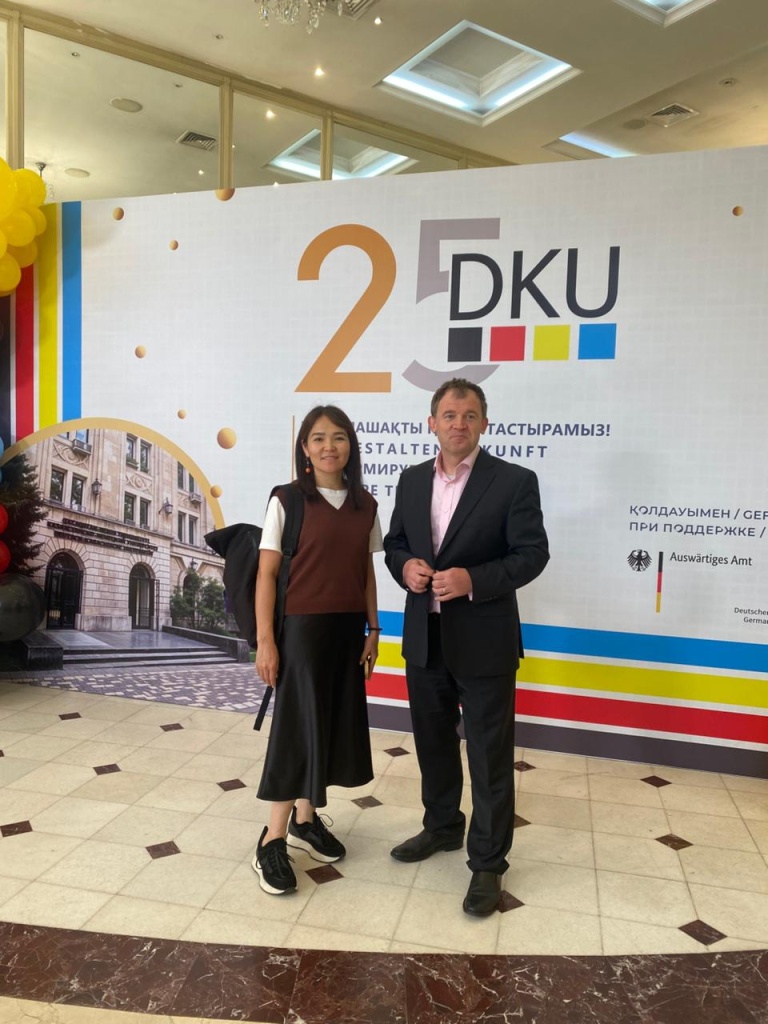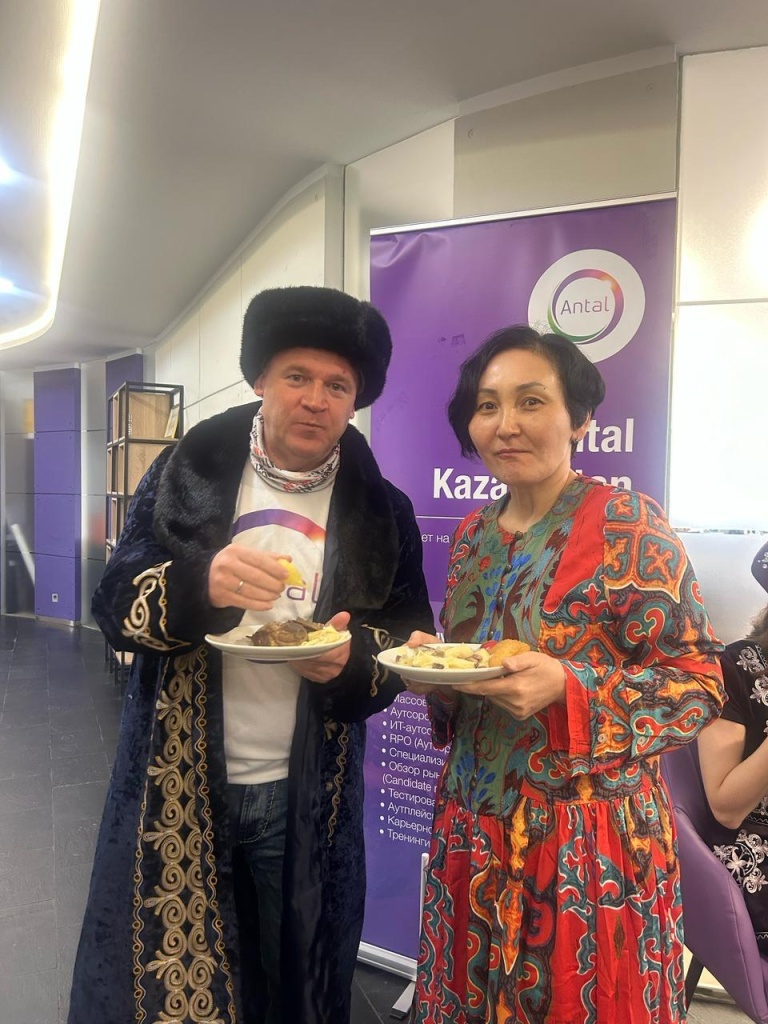With a growing job market and unique opportunities, Kazakhstan offers both benefits and challenges for expats. Michael Germershausen shares his personal experience on the changing job market, in-demand skills, and essential tips for those planning to move.
Michael Germershausen, city — Almaty, Managing Director, Eurasian Region, Antal International, linkedin

About moving
We opened our office in 2010, which was my first time in Kazakhstan. Back then, the recruitment and employment market were quite underdeveloped.
There was a significant boom until 2014-2015, but a currency crisis or something similar led many foreigners and expats to leave. Now, the market is booming again, with many people coming from other countries, and local talent has grown significantly, making it possible to fill various positions.
It’s definitely a candidate’s market — there are more vacancies than qualified candidates, which can make it challenging to fill roles. That’s the overall picture.
How the job market has changed
I would say the demand for expats has not really changed. There are strict quotas, so you cannot hire as many foreigners as you want.
Any foreigner working here needs additional documents. For example, I must apply for a work visa every year. If you are from the Eurasian Economic Union, including Russia, you need a residence permit, which is not easy to obtain. Unless you are a general manager or director, you must go through a complex process to prove that no local candidate can do the job.
Although the demand hasn’t significantly increased, many people from Belarus, Russia, Ukraine, and the Baltics have moved to Kazakhstan. Some have already returned home, but around 10-20% have stayed. As a result, the market has changed — now, in both international and local companies, you often find employees without Kazakh passports.
Pros and cons of working in Kazakhstan
Salaries in Kazakhstan are generally lower than in places like Moscow. For example, a brand manager or marketing professional earns significantly less in Almaty. Taxation is also a challenge — while Russia’s income tax is 13%, taxes here, including social contributions, reduce net salaries by over 20%.

The bureaucratic process for work permits is complex. When I last applied, I even had to provide fingerprints. The first police station refused, saying they “don’t take German fingers,” so I had to go to another station. The entire process took about a month and involved many people.
The language barrier is another issue. Without Russian, finding a job and communicating with colleagues is difficult. Many candidates from India, Pakistan, and Bangladesh assume English is enough, but that’s rarely the case.
Foreign specialists often expect higher salaries than locals due to extra costs. For instance, if your children don’t speak Russian, private schools are the only option — an expensive one. Renting a flat in Almaty or Astana has also become costly; I now pay double compared to three or four years ago.
However, Kazakhstan offers unique advantages. You can quickly see the impact of your work. In Germany, a 4.5% sales increase would be impressive; here, a 45% increase — or decrease — is possible. I also love Almaty’s location — mountains, lakes, skiing, and snow all in one place!
Which specialists are in demand
The demand for specialists in Kazakhstan depends on the sector — whether it’s IT, marketing, or other fields. Since the country and its economy are relatively small, roles often require covering multiple responsibilities rather than deep expertise. For example, HR specialists handle recruitment, administration, and more, while a compensation and benefits expert would be considered a rare and costly hire.

English skills are sometimes necessary for international companies, and foreign experts can be more productive in areas where local staff lack experience. However, many Kazakhstani professionals who studied or worked abroad are now returning, making them strong candidates to consider as well.
Tips for expats
First, expats should visit Kazakhstan to understand the local environment — are they needed, and can they find a job? It's crucial to evaluate the cost of living and determine if their salary will cover expenses. The move usually makes sense only if they earn more than locals, but higher pay can create challenges with local colleagues.
Relocating independently can be tough. Most expats come through internal transfers — working for a company like Coca-Cola in Europe and then being sent to Kazakhstan for a few years with housing, paperwork, and school fees handled. Coming on your own and finding a job can be difficult and often unsuccessful.